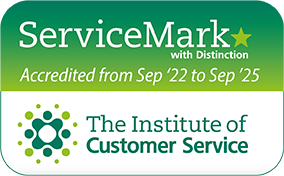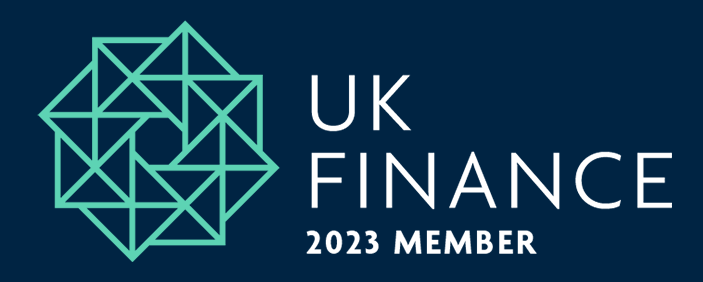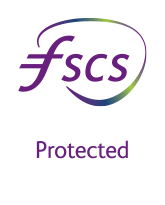If you have received an e-mail asking you to complete a survey from the ICS, please click here to read more about this request.
There are a number of steps you can take (and avoid) to ensure your personal information is protected against fraudulent crime.
Do
-
Choose a strong password – use a mixture of letters, cases, numbers and symbols. Try and alternate different passwords for different accounts, and never keep a note of it in a central place such as a wallet or mobile phone.
-
Regularly check your accounts – if you see any suspicious or unusual activity, report it immediately.
-
Protect your mobile phone and digital devices – ensure all your personal devices are up to date with the latest anti-virus software.
-
Make sure all financial organisations have your up to date contact details – if your bank and/or building society spots any suspicious activity, they are able to contact you straight away.
-
Ensure your postal address and other contact details are up to date.
-
Report missing documents and passbooks immediately.
-
Report suspected fraud to your bank and building society immediately.
-
Share a minimal amount of information on social media sites.
-
Always seek independent advice before making decisions for plans such as pensions.
-
Be cautious of companies which provide PO Box addresses and mobile contact numbers.
Don't
-
Never be embarrassed to hang up, say no, or ask someone to leave.
-
Never reveal personal information of financial details on the phone, by text or email - no genuine organisation will ask you to do this.
-
Ignore links in suspicious emails and texts messages - delete and block the sender’s details.
-
Do not respond to any unsolicited phone calls, text messages and emails.
-
Never transfer money at the request of an unknown caller.
-
Never let someone access your computer or mobile devices in-person or remotely.
-
Never store your passwords and PIN numbers in an easily accessible place.
-
Do not have a password that can be easily guessed.
-
Never reveal personal details on social media –such as phone numbers.
If you’re approached at your home
-
Always ask for identification.
-
Check their credentials - research the company, call the company using the contact details on their website (never use the contact details they have provided you with).
-
If you need to, close the door on them and contact a family member/friend and ask them for help.
-
Take control; ask questions.
-
Tell them you will think about it and if the work is necessary shop around – get at least three written quotes to make sure you are not being taken advantage of.
It’s OK to say no. If in any doubt, ask the person to leave and call Consumer Direct.
Are you worried about someone you know? Here are a few warning signs to look out for:
-
Do they seem anxious or secretive?
-
Are they receiving more posts/calls/visitors than normal?
-
Are they spending large amounts of money without an explanation?
If you’re worried then you can help them by following the steps above or refer them to their bank/building society who can provide further support and guidance.






